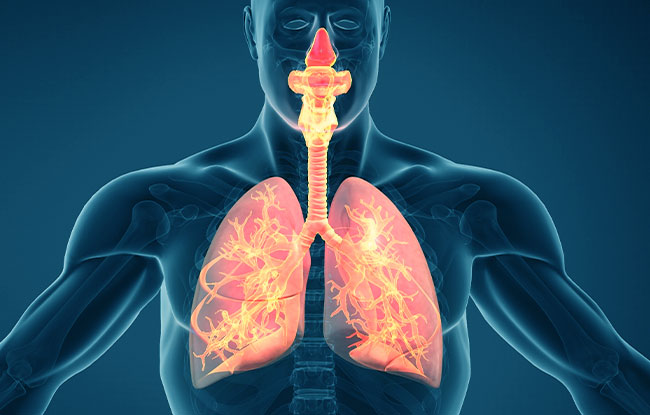AllergiesCapitola
Allergies & Asthma
According to the Centers for Disease Control, 1 in 13 people in the United States have asthma. It is the leading chronic disease in children – many kids miss school because of the condition. Who doesn't know someone who has it or is dealing with it themselves? Unfortunately, for many of us who aren't experiencing asthma, we instead suffer from allergies. Then, when spring comes around, we can't help but dread the months of runny noses, itchy eyes, sneezing, and an increase in allergies or asthma symptoms.

What Causes Allergies & Asthma?
The World Health Organization (WHO) defines asthma as "a chronic disease characterized by recurrent episodes of breathlessness and wheezing." The severity and frequency of attacks depend on the person. Some can experience attacks at any time, while others are caused by certain situations or events, like exercise.
Bronchial tubes are the passageways through which air flows into and out of the lungs. During an asthma attack, the lining of the tubes is irritated and swollen. This reaction causes them to narrow, which reduces airflow in and out of the lungs. Hence, wheezing and breathlessness are commonly associated with asthma.
Regarding allergies, it is your immune system's responsibility to recognize and remove harmful substances from your body. The immune system uses various methods to rid the body of dangerous material, including inflammation, sneezing, coughing, and vomiting. An allergic response arises when your immune system is activated to fight. The invasive material itself does not cause an allergic reaction. The reaction comes from the way your body interprets it – usually as something potentially harmful.
How is Allergies & Asthma Diagnosed?
Our process for treating allergies and asthma begins with a comprehensive review of your medical history and symptoms. We'll ask about the onset, frequency, and severity of your allergic reactions and asthma attacks and any known triggers.
We conduct physical examinations to assess your respiratory function and check for signs of allergic reactions. Pulmonary function tests may be performed to measure your lung capacity and airflow. Skin prick tests or blood tests can identify specific allergens causing your symptoms.
If imaging tests like chest X-rays are needed, they will be reviewed to rule out other conditions. We recommend monitoring your peak flow at home to track your asthma control. Our primary assessment method focuses on pinpointing the specific allergens or factors triggering your symptoms. For comprehensive management of allergies and asthma, call us at (831) 200-0880 to schedule a consultation.
